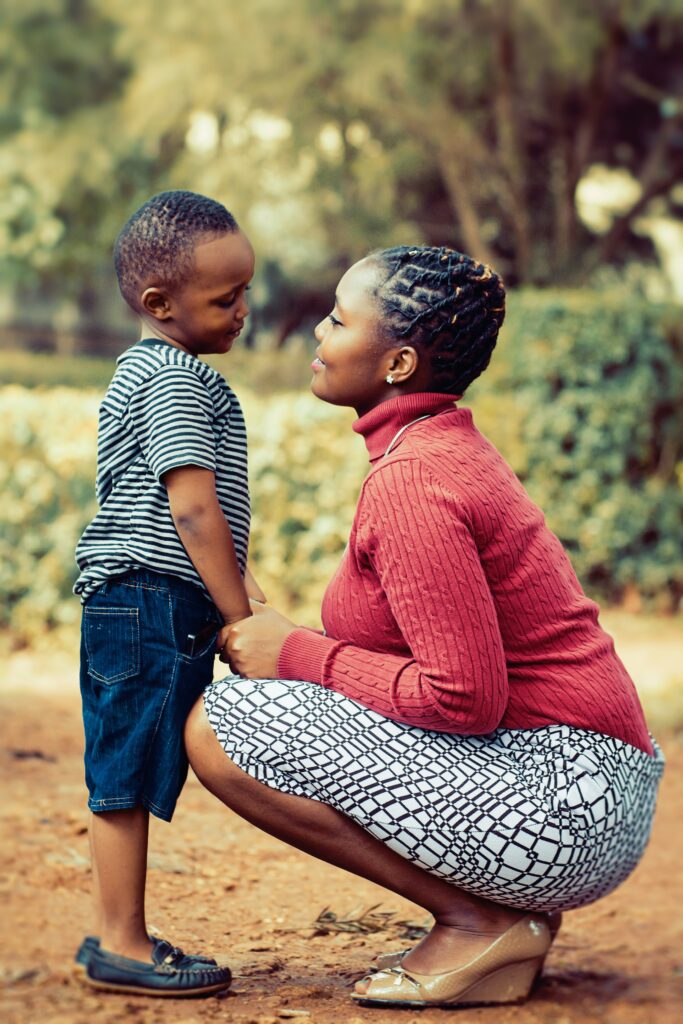Attachment Styles: An Easy Overview
By Bill Benson · August 26, 2023

In the world of psychology, John Bowlby’s Attachment Theory has become a cornerstone for understanding human relationships and emotional development. By delving into the concept of attachment, Bowlby sheds light on early experiences’ profound impact on our lives. Whether you’re a parent, a student, or simply curious about human behavior, this article aims to provide a consumer-friendly exploration of Attachment Theory and its various attachment styles and highlight the benefits of working with a psychotherapist trained in interventions relevant to each behavior.
Attachment Theory in a Nutshell
Attachment Theory proposes that the bonds formed between infants and their primary caregivers play a crucial role in shaping their emotional well-being and future relationships. According to Bowlby, the quality of these early bonds has long-lasting effects, influencing an individual’s beliefs about trust, intimacy, and connection.
Attachment Styles: Patterns of Emotional Connection
Based on his research, Bowlby identified four primary behaviors that individuals tend to develop based on their early interactions with caregivers. These behavioral habits shape our emotional responses, communication patterns, and relationship dynamics throughout our lives.
Let’s explore each style and the benefits of working with a trained psychotherapist:
Secure Attachment Style:
Individuals with a secure attachment feel comfortable with emotional intimacy and have a strong sense of self-worth and trust within relationships. They generally have fulfilling and lasting partnerships, effective communication skills, and healthy emotional regulation. However, even those with secure attachment can benefit from working with a psychotherapist to enhance their self-awareness, strengthen their emotional connections, and navigate any relationship challenges that may arise, as often our partners have different attachment scenarios.
Anxious-Preoccupied Attachment Style:
Those with an anxious-preoccupied attachment often seek high levels of closeness and reassurance from their partners. They may experience intense emotional reactions and worry about rejection. Working with a psychotherapist trained in attachment-based interventions can help individuals with these perspectives explore the underlying causes of their anxiety, develop healthy coping strategies, and improve their self-esteem. Psychotherapy can also provide a supportive space for individuals to address past traumas influencing their behaviors.
Avoidant-Dismissive Attachment Style:
People with an avoidant-dismissive attachment tend to prioritize independence, self-reliance, and personal space. They may struggle with emotional intimacy, avoid vulnerability, and struggle to express their needs and emotions. A psychotherapist can help these individuals explore their fears of intimacy, work through past relationship wounds, and develop more secure attachment patterns. Psychotherapy can also support them in developing emotional awareness, improving communication skills, and fostering deeper connections with others.
Fearful-Avoidant Attachment:
Fearful-avoidant attachment style individuals often have a conflicting desire for closeness and a fear of rejection or abandonment. Similar to the Disorganized Attachment Style, they may display ambivalent behavior in relationships, experiencing a push-pull dynamic. Working with a psychotherapist trained in trauma-informed approaches and attachment-focused interventions can provide those with a fearful-avoidant style with a safe and supportive space to explore and heal from past traumas. A therapist can assist in building more secure attachment patterns, enhancing emotional regulation, and fostering healthier relationships.
Benefits of Working with a Psychotherapist
- Self-Exploration: A psychotherapist can help you gain deeper insights into your attachment style, understand the underlying reasons behind specific relationship patterns, and explore how early experiences have shaped your beliefs and behaviors.
- Emotional Healing: Therapy provides a safe and non-judgmental space to address past traumas, heal emotional wounds, and work through any unresolved issues affecting your relationships and attachment style.
- Skill Building: A trained psychotherapist can teach you effective communication skills, emotional regulation techniques, and coping strategies to navigate relationship challenges and cultivate healthier attachment patterns.
- Relationship Enhancement: By understanding your attachment style and the attachment styles of others, a therapist can assist you in improving relationship dynamics, fostering trust, and building more secure connections.
